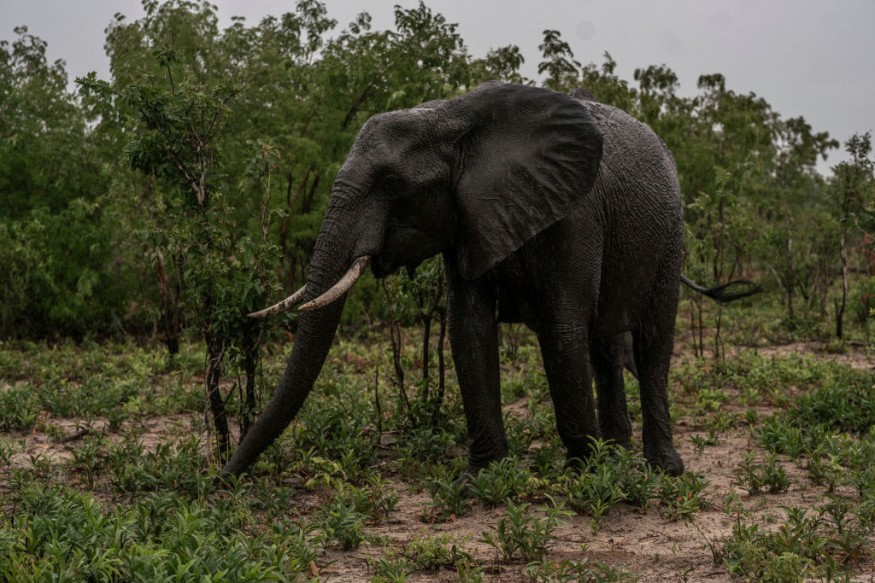Conservation efforts are needed to protect older elephants from population decline due to threats of climate change. According to recent reports, the said animals could suffer from decreased survival.
Elephants play a crucial role in ecosystems and the forests. Their species are helpful ecosystem engineers. However, they have suffered from alarming threats due to the following concerns:
- Habitat loss
- Climate change
- Commercialization and infrastructure development
- Predation
- Wildfires
- Climate change
As a result, researchers from the University of Massachusetts Amherst and the Wildlife Conservation Society (WCS) conducted essential studies to save elephants from the brink of extinction. The research findings were published in the PLOS Sustainability and Transformation.
Older Elephants And Decreased Survival

Researchers raised concerns about the dramatic reduction in number of elephant population in the last 100 years. With the mentioned threats, their population has struggled to live amidst climate change effects.
Elephants are also important in seed dispersal and landscape modification that can promote a healthy habitat and ecosystem. Plant species can benefit from the dispersal, including animals in the wildlife.
In Africa, the latest report warned that elephants rapidly declining due to widespread habitat loss in the region. As a result, understanding the pressing impacts could help mitigate potential challenges they have been experiencing.
The long-term survival of elephants will depend on the available food sources and water supplies. The dynamic impact of climate change could impact water resources, especially in Africa. Communities can suffer from severe to extreme drought due to lack of rainfall and persistent hotter temperatures.
According to the report, older elephants could likely become more affected by climate change. The changing climate can make it more difficult for them to thrive.
As a result, there is a need to protect elephants from pressing threats and to save their population from the brink of extinction.
Also Read : Understanding an Elephant's Playful Side
In the recent NWN report, researchers discovered that small fortress parks are not appropriate for elephants to thrive. While it helps to protect them from human-wildlife conflict and poaching, the animal could struggle to live in the long run.
The park and enclosures can likely cause them potential stress and changes in behavior. Researchers warned that elephants can become more aggressive while inside the parks. Lower productive rates are also possible.
As a result, expansive habitats are more suitable for the elephant population. It can promote ecological balance and help to sustain their health and well-being.
The report also raised concerns about the urgent coordination with conservationists, experts and the government to find ways to protect their population.
Related Article : Africa's Savannah Elephants Face Extinction in Small Fortress Parks, Researchers Warn
For more similar stories, don't forget to follow Nature World News.
© 2025 NatureWorldNews.com All rights reserved. Do not reproduce without permission.





